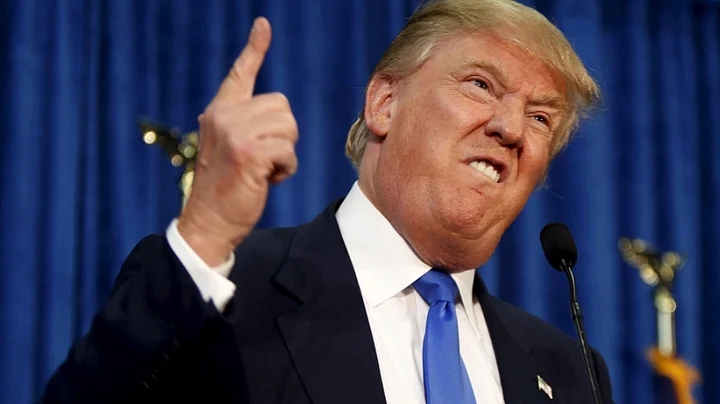When US President Donald Trump demanded to know why his Supreme Court nominee's sexual assault accuser did not come forward sooner, he sought to cast doubt over her claims.
His argument? If her story were true, Christine Blasey Ford would have spoken out back in the 1980s, when she says Brett Kavanaugh pinned her down and muffled her cries as he tried to pull off her clothes at a high school party.
Nonsense, replied his detractors, from women in his own party to thousands of ordinary women who flooded the internet to tell the stories of trauma, under a viral hashtag: #WhyIDidntReport.
“Because I was 18 and I was scared and I didn't want to be defined by someone else's violent criminal act,” Gretchen Whitmer, who is running for governor of the US state of Michigan, tweeted using the hashtag.
According to Department of Justice figures from 2016, 77.1 per cent of people claiming to be victims of sexual assault did not report the matter to the police.
Here’s How People Reacted to Trump’s Statement
A study carried out by the Rape, Abuse and Incest National Network (RAINN) on alleged assault cases between 2005 and 2010 found that 20 per cent of victims who did not report their cases cited "fear of reprisal" while two per cent believed the police could not do anything to help.
Ford, a California professor, initially made the accusation in a confidential letter and only came out publicly because she felt her "civic responsibility" was "outweighing my anguish and terror about retaliation," she told The Washington Post.
"I have no doubt that, if the attack on Dr Ford was as bad as she says, charges would have been immediately filed," he tweeted Friday.
The US women's movement, simmering since worldwide anti-Trump marches the day after his inauguration, has already mobilized against Kavanaugh's conservative stances on abortion and birth control -- and is firmly behind Ford.
The Women's March organisers and other groups coordinated protesters to disrupt Kavanaugh's confirmation hearings, which began in early September.
Nearly 1,200 women who attended her all-girls high school signed a public letter of support.
But the president's skepticism unleashed a fresh wave of social media outrage, echoing that of last year's #MeToo movement.
A phrase of solidarity through empathy first used by activist Tarana Burke in 2006, #MeToo spread virally as a hashtag when a flood of allegations against Hollywood movie mogul Harvey Weinstein forced a global reckoning on sexual misconduct in the workplace and beyond.
This time, it was solidarity through attempted education, as sexual assault survivors furiously hit back at Trump and Ford's other detractors with the reasons why they, like Ford, kept their trauma to themselves for so long.
Within the #WhyIDidntReport tweets, themes jumped out: fears of not being believed, or of repercussions for speaking out; feelings of shame or embarrassment.
And for all the stories shared, there were no doubt countless others still left untold.
(With Inputs from PTI)
